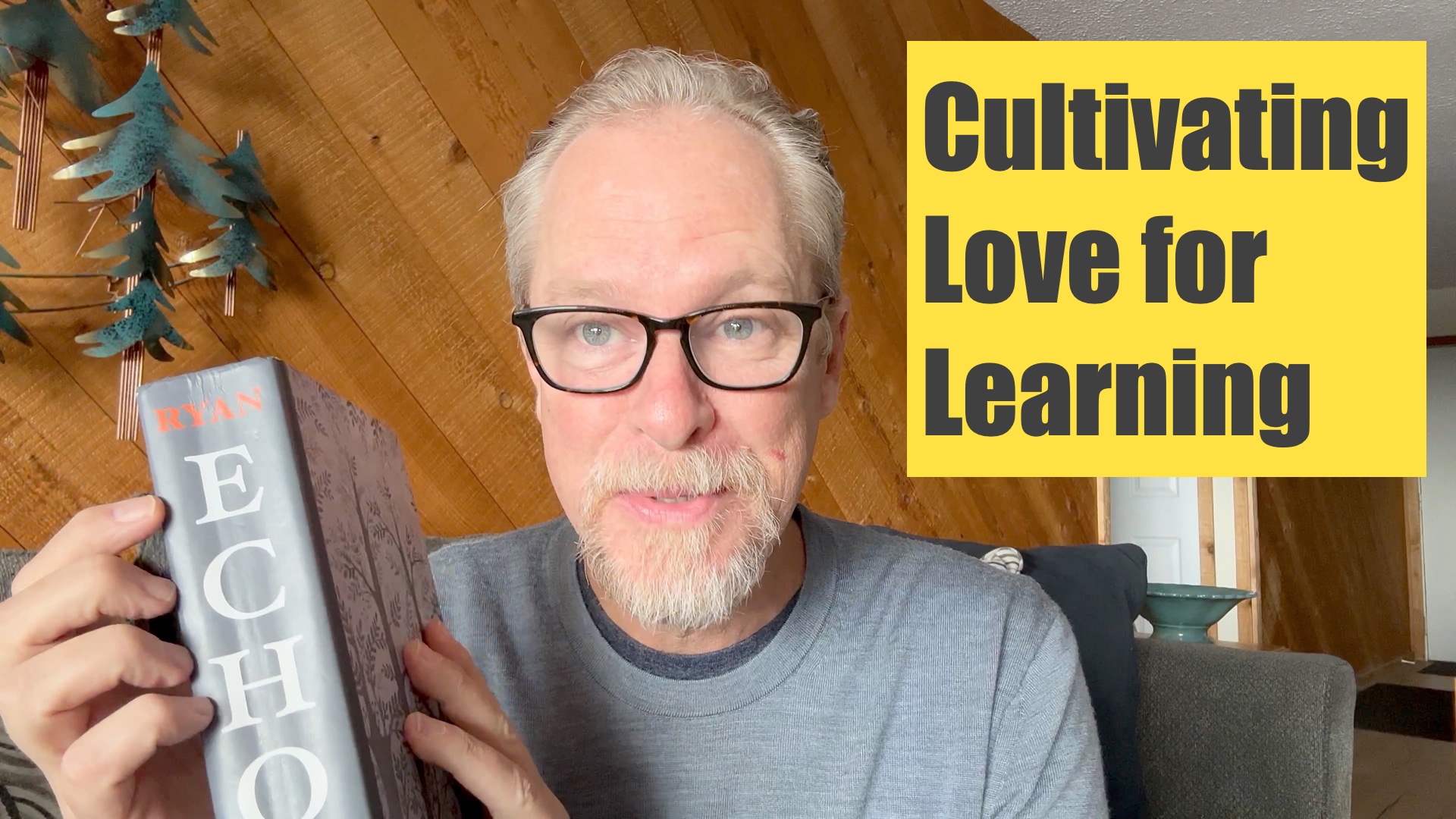3 min read
Fostering Equity and Inclusion Through the Power of Teaching
Damon Torgerson : Dec 15, 2023 6:02:17 PM

Teachers have an incredible opportunity and responsibility to shape the lives of their students. As discussed eloquently by Dr. Mike Swize in this enlightening video, the role of an educator extends far beyond just imparting academic knowledge. It involves nurturing a love of learning, embracing diversity, and ensuring equity and inclusion for every child.
Dr. Swize's reflection on "Echo" by Pamela Munoz Ryan underscores how pivotal a teacher's influence can be. The story of a young girl uprooted from her home poignantly captures the challenges faced by migrant families and minority communities. It is a stark reminder of the equity issues that persist in our education system. As Dr. Swize highlights, a teacher's compassionate welcome and commitment to equitable practices can profoundly impact generations of families.
Cultivating an inclusive classroom where all students feel valued is essential to addressing equity issues in education. Simple but meaningful practices like learning the proper pronunciation of students' names and showing interest in their backgrounds can make them feel truly seen and heard. Building a curriculum that reflects diverse perspectives also allows students to connect their own experiences to their education.
Dr. Swize stresses the importance of hiring educators who bring an inherent passion for equity in the classroom. With proper training and support, teachers can become powerful agents of change, disrupting historical inequities through their words and actions. But effecting real change begins with self-reflection, actively examining our own biases and privileges.
The inspiring video featuring Dr. Swize is a clarion call for anyone involved in education. It compels us to see our roles not just as instructors, but as mentors bringing out the limitless potential in our students. Echoing Dr. Swize's message, let us keep equity at the heart of our efforts and harness the transformative power of teaching to help every child thrive.
What are your thoughts on fostering equity and inclusion in education? I welcome your perspectives in the comments below. Please also check out the full video where Dr. Swize explores this critical issue affecting our classrooms. Together, through open dialogue and purposeful action, we can build a more just and equitable education system.
Transcript
I recently read an incredible book titled echo, by the author Pamela Munoz Ryan.
It's a great, young adult look. This is the scholastic addition. It's a great young adult look, at the intersecting lives of young people and how they are connected and changed through their love of music and making music. And I highly recommend it. It was great. It's been a great, the tear jerker a little bit, especially for somebody who spent his whole career working with children.
The last third of the book is about a young girl in California, and her family are migrant workers.
And one day her parents come home, or she comes home from school, and her parents say, we're moving tomorrow, and they're moving from Fresno to Orange County.
And it's really an emotional time for this young girl. She loves her friends. She loves her school. She loves her teacher. And she's kind of ripped out with very, very little notice.
And moved across the great state of California to Orange County where she doesn't know anybody and she needs to start in a new school system.
Without giving too much away, from this story, what I wanted to share with all of you is that it really reminded me the power that the classroom teacher has to welcome and embrace all students as soon as they arrive in our classrooms.
Teacher plays such an incredible, incredibly important role in the lives of children, and I know you already know that. And, obviously, that's why I certainly dedicated my life to work in public education.
But it just really reinforced to me. Those first few minutes and hours and days and the way we greet students and greet families and give them strong equitable educational experiences.
It makes all the difference. And it can make all the difference for generations of families.
So, again, I I highly encourage echo, by Pamela Munoz Ryan It's a a very powerful story, and I think it'll touch your heart if you are a a, public school educator.
It reminded me that in my career is either a principal or an administrator, I always looked for the very best candidates. Right? I always looked for the best teachers, the best classified staff, and it took me a while to learn that I could teach someone, content knowledge, and some of the skills of being a classroom teacher but I couldn't teach them to love children and to enjoy their daily work.
So I always looked for people who in their heart loved working with children and enjoyed kind of creating these learning opportunities for all children. It's supporting them both emotionally, and academically, giving them the supports they needed to be successful.
But I couldn't teach someone to care about children and families.
I could expose them to opportunities but that's something that comes from your heart. So I always looked for candidates who had that in their heart.
That means as a school district, you need to have a really strong robust professional development program, so that you can teach skills of teaching, or you can teach that specific content knowledge. Like, I think about math right now. Math has changed so drastically. There's so much to talk about in mathematics, we can teach teachers those things, but we can't teach them to love kids. So I always looked for the people who love children and just wanted to dedicate their lives to supporting them both emotionally and academic.
And again, check out this book. It's a good one.
Earn Continuing Education Units with Alludo & Fresno Pacific University
Earn Continuing Education Units from Fresno Pacific University!


